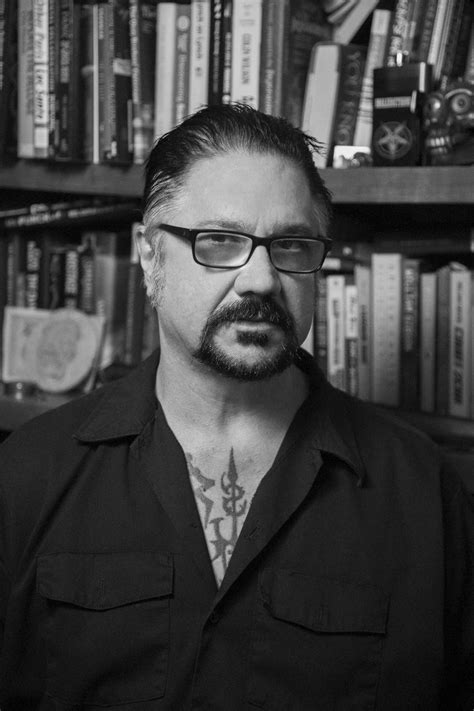A Quote by Ursula K. Le Guin
A writer is a person who cares what words mean, what they say, how they say it... By using words well they strengthen their souls.
Related Quotes
A writer is a person who cares what words mean, what they say, how they say it. Writers know words are their way towards truth and freedom, and so they use them with care, with thought, with fear, with delight. By using words well they strengthen their souls. Story-tellers and poets spend their lives learning that skill and art of using words well. And their words make the souls of their readers stronger, brighter, deeper.
I can never say what I want to say, it's been like this for a while now. I try to say something but all I get are wrong words - the wrong words or the exact opposite words from what I mean. I try to correct myself, and that only makes it worse. I lose track of what I was trying to say to begin with. It's like I'm split in two and playing tag with myself. One half is chasing this big, fat post. The other me has the right words, but this can't catch her.
All people in the world - who are not hermits or mutes - speak words. They speak different languages, but they speak words. They say, "How are you" or "I'm not feeling well" all over the world. These common words - these common elements that we have between us - the writer has to take some verbs and nouns and pronouns and adjectives and adverbs and arrange them in a way that sound fresh.
In empathy, you don't speak at all. You speak with the eyes. You speak with your body. If you say any words at all, it's because you are not sure you are with the person. So you may say some words. But the words are not empathy. Empathy is when the other person feels the connection with what's alive in you.
When I'm performing, the crowd just disappears, it's like everyone merges - one big person. You just say the words and people will say the words back to you. And it's just so rehearsed. I have a lot of songs I couldn't forget the words if I tried. So you get in there, you lose yourself and it's all good.
I've learned a lot about language from reading slush. You can immediately tell if a writer is in control of the narrative. This writer will avoid using too many words like "possibly," "probably," "maybe," "perhaps," etc. He/she will avoid using clichés, as well as a lot of metaphors, and won't take four sentences to say what they could in one (or write a great sentence and follow it up with a bunch of stuff that just weakens it).
I opened my mouth wide one time to see if the words I was thinking would fall out, but they wouldn’t. If words don’t want to come out, they don’t. I don’t understand when people say things and then they say, I didn’t mean to say that. Words don’t just fall out. You have to push them out. And sometimes, you can’t push them out, even if you want to.
I have this theory that the more important and intimate the emotion, the fewer words are required to express it. For instance in dating: 'Will you go out with me?' Six words. 'I really care for you.' Five words. 'You matter to me' Four words. 'I love you.' Three words. 'Marry me.' Two words. Well, what's left? What's the one most important and intimate word you can ever say to somebody?
'Goodbye...'
On a more technical level, a story takes a lot of words. And to generate words and phrases and images and so on, that will compel the reader to continue reading - that stand a chance of really grabbing a reader - the writer has to work out of a place of, let's say, familiarity and affection. The matrix of the story has to be made out of stuff the writer really knows about and likes. The writer can't be stretching and (purely) inventing all the time. Well, I can't, anyway.






































